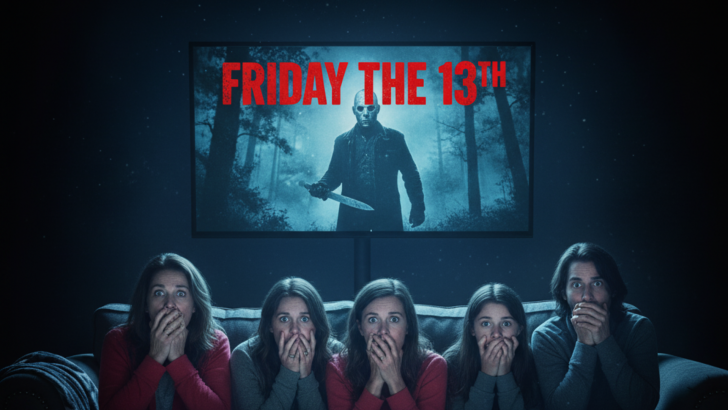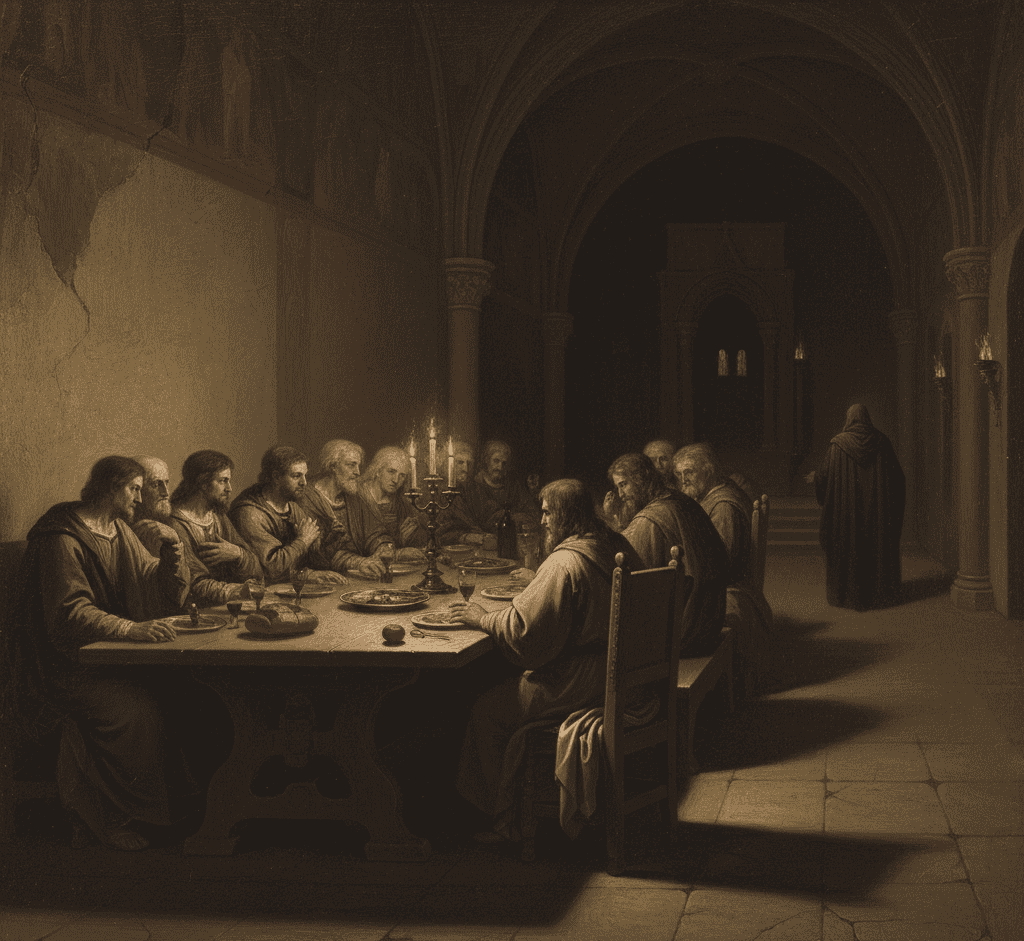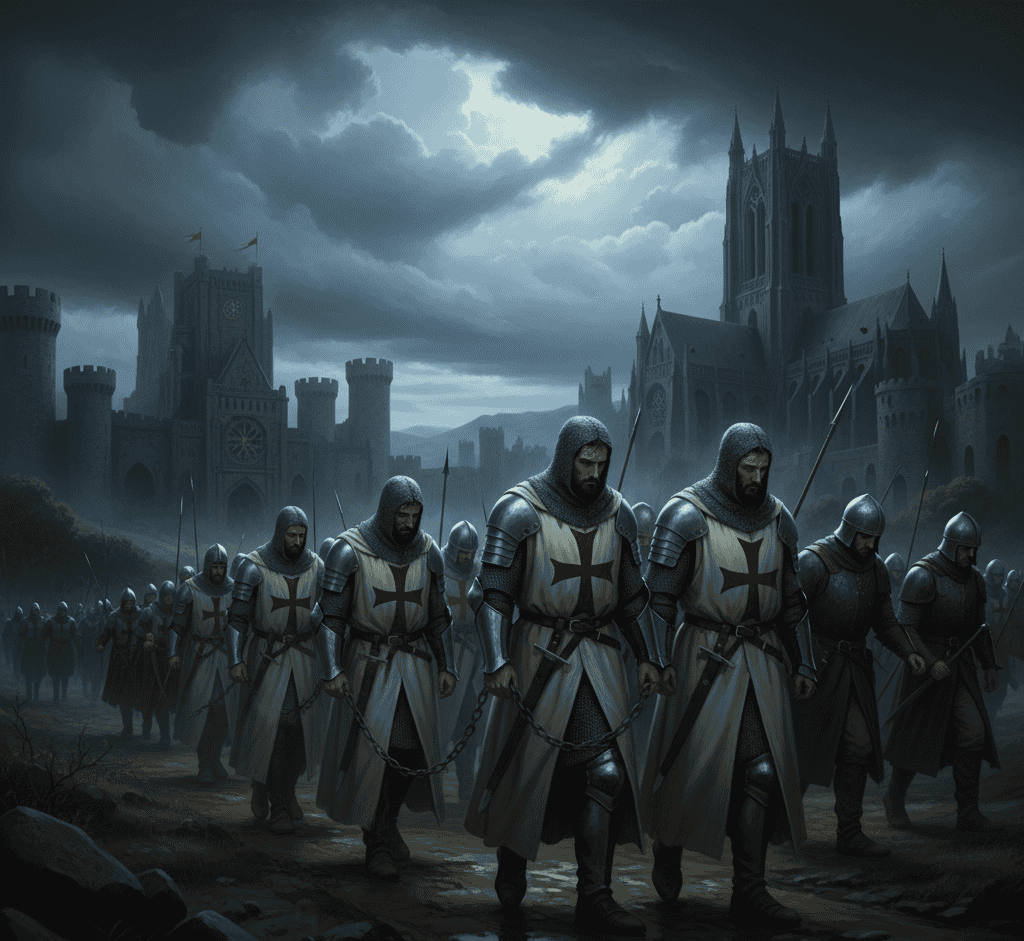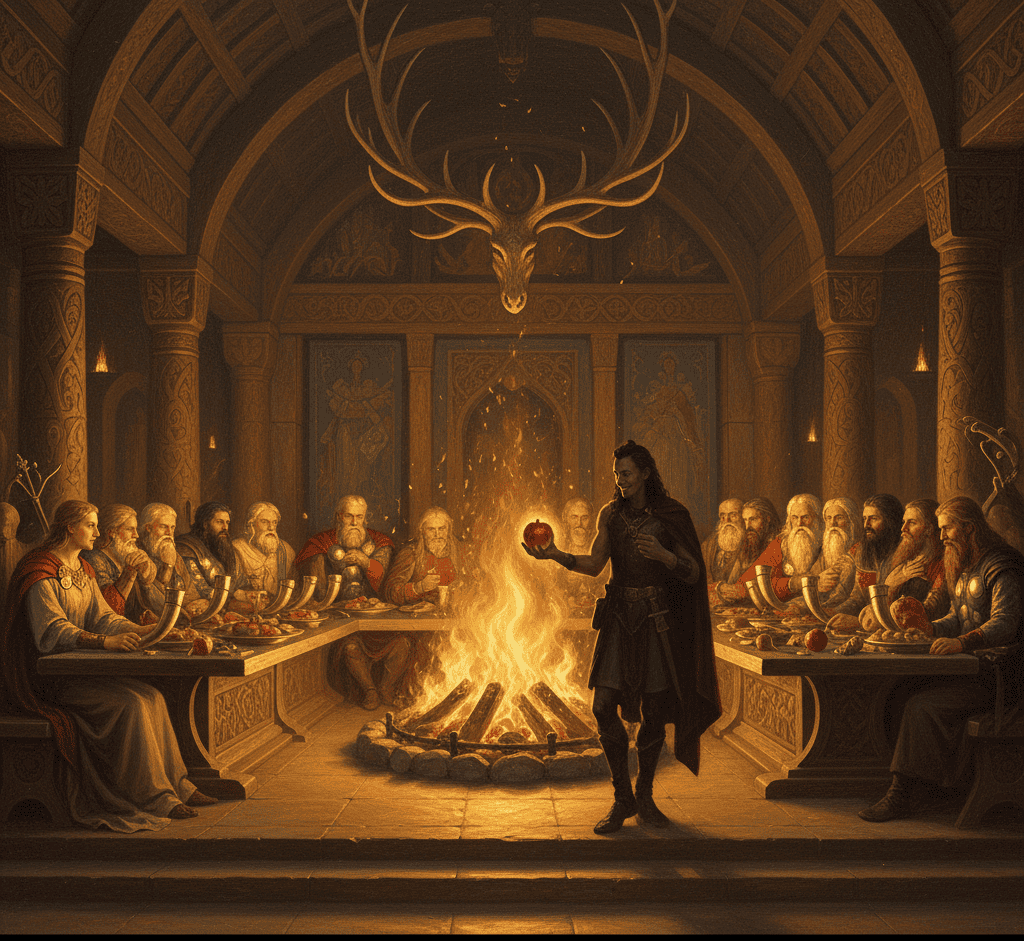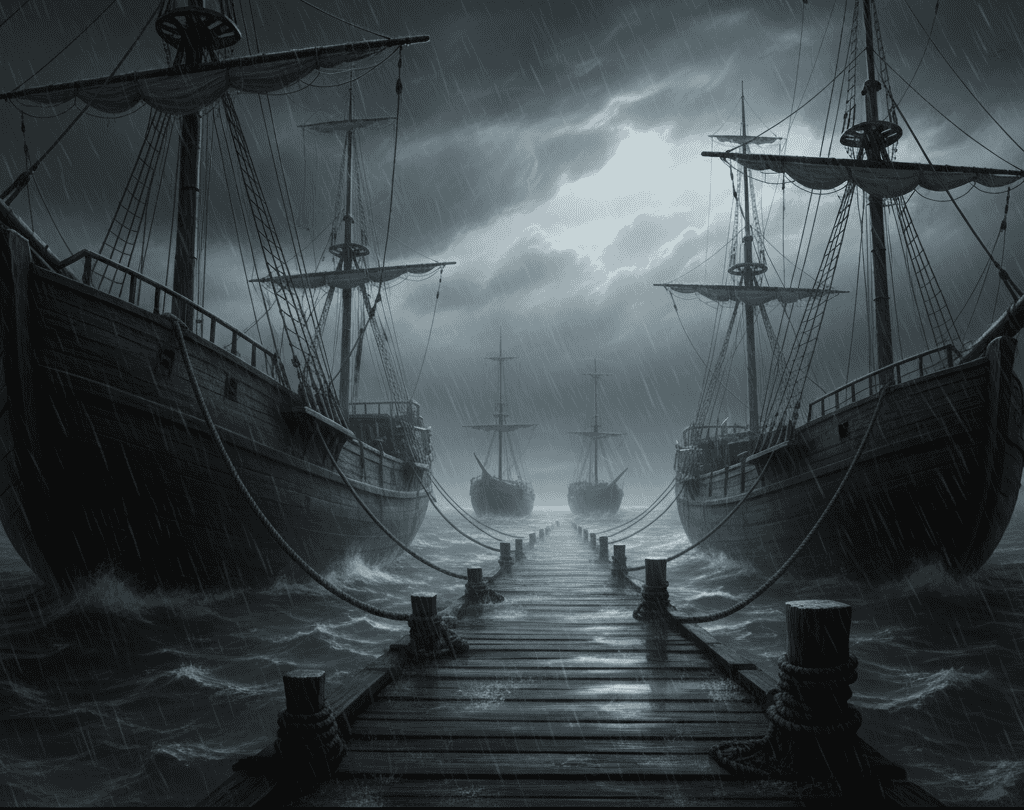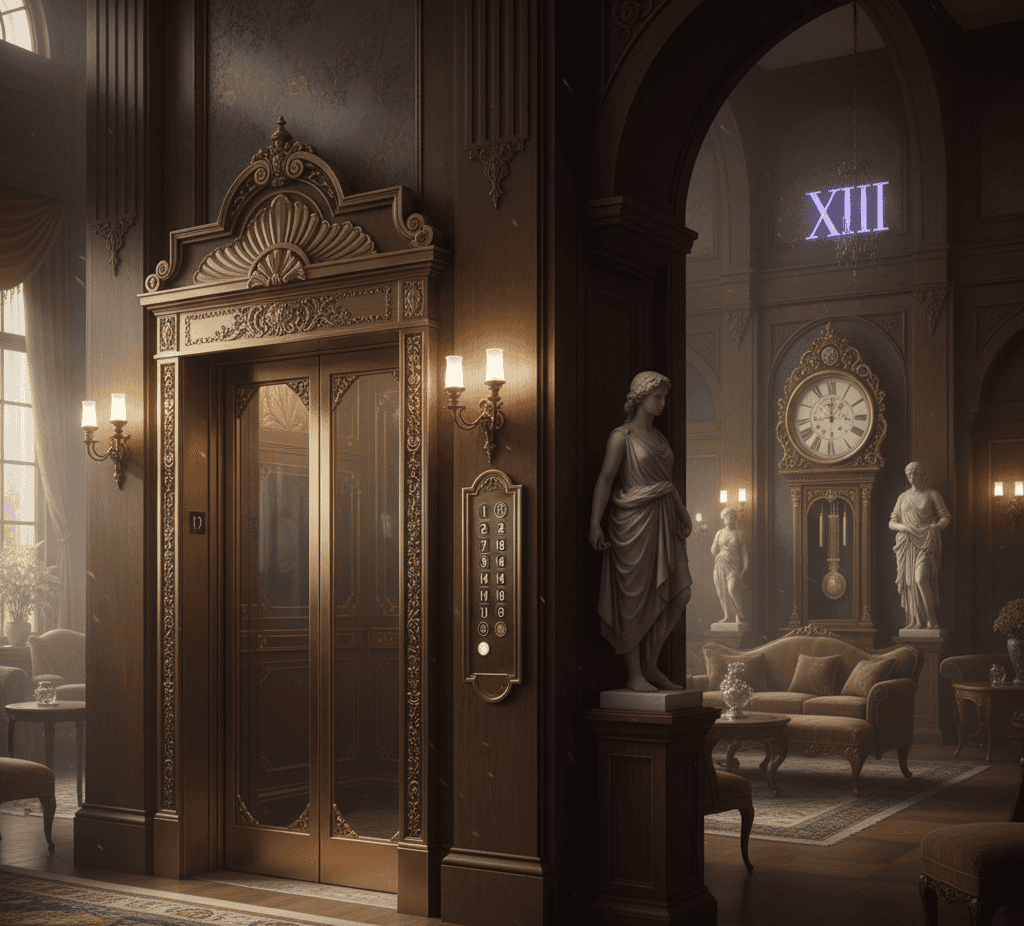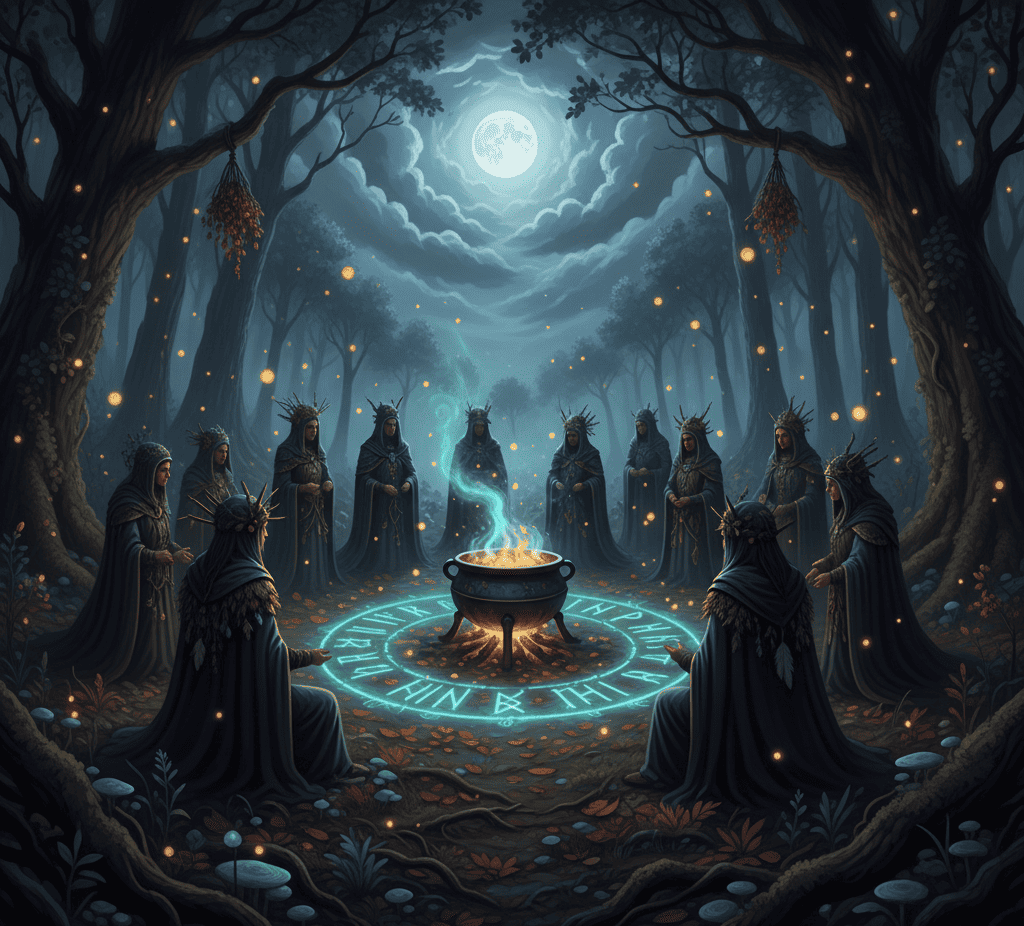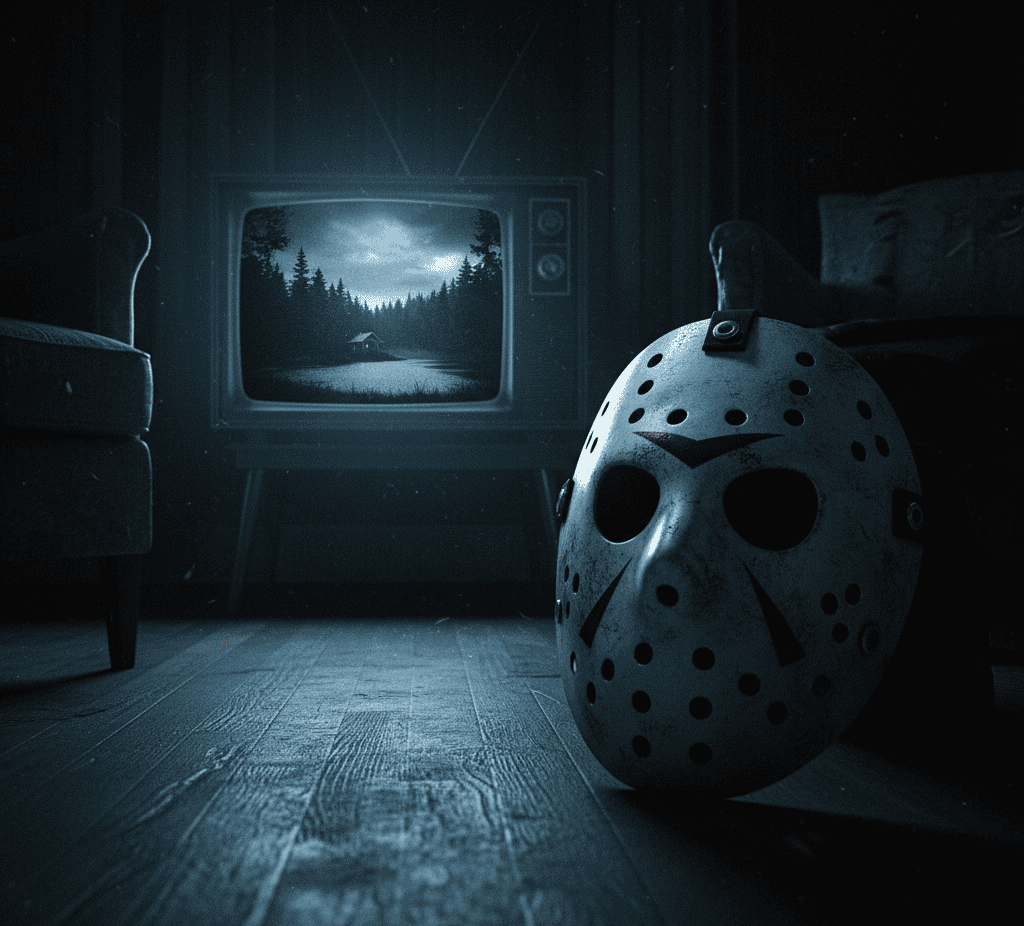From canceled weddings to skipped travel plans, Friday the 13th has earned a chilling reputation in American culture and beyond.
Some people laugh it off, while others quietly avoid big decisions on this strange calendar combination.
But how did one weekday and one number join forces to become a symbol of bad luck and eerie superstition?
People trace the fear back to ancient myths, biblical interpretations, medieval tragedies, and even modern horror pop culture that cemented Friday the 13th as a day you just do not mess with.
Here are ten of the most talked-about theories behind the superstition that turns a regular Friday into a day of anxiety, suspicious glances, and nervous side-eyes at ladders, cats, and broken mirrors.
1. The Biblical Betrayal Theory
One of the most well-known explanations traces back to the Bible. According to Christian tradition, thirteen people were present at the Last Supper, including Jesus and the disciple Judas, who would betray him.
Jesus was crucified the next day, which was believed by many to be a Friday.
Some people linked the betrayal, the unlucky number thirteen, and the sorrowful Friday into one tragic combination that supposedly brought doom.
Over time, believers began to view Fridays, particularly the thirteenth, as a reminder of betrayal, suffering, and misfortune in spiritual history.
2. The Fall of the Knights Templar
A darker medieval theory points to a specific date in history, Friday, October 13th, 1307.
On that morning, King Philip IV of France ordered the mass arrest of the Knights Templar, a powerful and wealthy military order accused of heresy.
Many knights were tortured and executed, leading to the downfall of the once mighty group.
Some believe this brutal event cemented Friday the 13th as a cursed day forever associated with betrayal, injustice, and ruin.
Whether or not people knew this story in early times, the dramatic connection gave the superstition historical weight.
3. Norse Mythology and the Trickster God
Some people trace the fear back to Norse mythology. In one popular legend, twelve gods gathered for a banquet in Valhalla when Loki, the mischievous thirteenth guest, showed up uninvited.
His arrival threw everything into chaos and eventually led to the death of the beloved god Balder, which plunged the world into darkness and grief.
According to this myth, having thirteen at a table was considered a sign of disaster.
Combine that unlucky number with a feared day like Friday, and you get a deadly combo in superstitious minds.
4. Fridays Were Historically Seen as Unlucky
Long before the number thirteen got involved, Fridays already carried a bad reputation in Western cultures.
In many old communities, Friday was considered a day when evil spirits were more active or when bad things were more likely.
Sailors often refused to start voyages on Fridays, believing their journey would be cursed. Some even said that ships launched on Fridays were doomed to wreck.
With Fridays already feared, it was easy for people to attach even more superstition once the number thirteen came into play.
5. The Fear of the Number Thirteen
The number thirteen has been feared across different cultures for centuries. Thirteen broke the symmetry and felt unsettling and excessive.
In numerology, it follows the number twelve, which was often seen as a number of completeness, like twelve months in a year, twelve zodiac signs, and twelve apostles.
This belief led to missing thirteenth floors in hotels, empty plane seats marked 13, and skipped table placements.
When an already suspicious number landed on a historically unlucky weekday, it only felt natural for some people to assume something bad was destined to happen.
6. Witches’ Gatherings and Pagan Beliefs
In some old European folklore, it was believed that gatherings of witches often included thirteen members, twelve regular witches led by a thirteenth figure, usually said to be the devil himself.
Friday was also rumored to be a day when witches cast spells and made pacts.
When Christianity spread, many of these old pagan fears merged into one superstition, painting Friday the 13th as a day when dark magic and bad omens were strongest.
It gave believers a reason to be extra cautious when the cursed date appeared.
7. The Fear May Have Come from Victorian Etiquette Rules
During the Victorian era, people were very particular about dinner gatherings and proper etiquette.
A popular belief was that having thirteen people seated at the same table meant one of them would die within a year.
This superstition became deeply rooted in social events, especially dramatic dinner scenes in literature.
Some upper-class circles even hired professional “fourteenth guests” to ensure their table count never landed at thirteen.
When such strict social fear attached itself to an existing unlucky Friday, the superstition grew stronger.
8. Modern Tragedies Reinforced the Fear
Some supporters of the superstition point to a string of unfortunate real-life incidents that occurred on Friday the 13th.
For example, the bombing of Buckingham Palace in World War II happened on a Friday the 13th.
A deadly cyclone struck Bangladesh on Friday the 13th in 1970, killing hundreds of thousands.
The stock market also experienced a mini-crash on Friday, October 13, 1989, known as Black Friday.
These events did not cause the superstition, but they reinforced it, making people feel that fear was justified.
9. The Horror Movie Effect
The Friday the 13th movie franchise, released in 1980, heavily intensified the fear in modern pop culture.
Featuring the hockey mask-wearing villain Jason Voorhees, the film portrayed Friday the 13th as a day crawling with murderers and terror.
Sequels, remakes, and Halloween marathons kept fear alive for generations. For many people, especially younger audiences, the superstition feels real simply because horror made it memorable.
What began as an old belief suddenly became a pop culture icon that people still nervously joke about every time the date resurfaces.
10. The Fear Feeds Itself
Psychologists believe a major reason Friday the 13th remains feared is because people expect bad things to happen on that day and therefore notice misfortune more.
If someone stubs their toe, spills coffee, or gets bad news, they quickly blame it on the date.
This creates a feedback loop where belief fuels fear and fear fuels more belief.
As a result, Friday the 13th has survived not only through spooky tales and historical legends but also through human psychology and the power of suggestion.

I always felt a strong connection to the Divine since my birth. As an author and mentor, my mission is to help others find love, happiness, and inner strength in the darkest of times.

